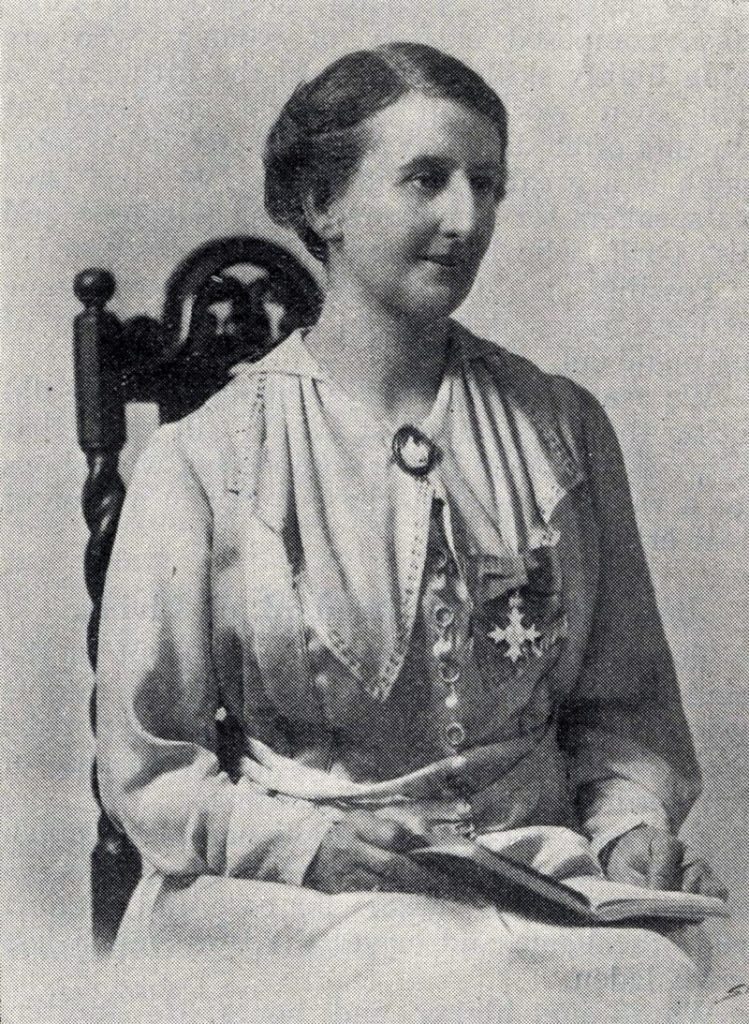by Hannah Stone

Emily Rees blogged a while ago about the creative writing workshops I’ve been running on the history of women in engineering under the auspices of Electrifying Women, and we’re excited that people who attended these at the Industrial Museum in Armley and the Women’s Library at the London School of Economics are beginning to submit the writing inspired by these sessions. You can see some of this work on our blog. In the new year we will compile a small anthology of these writings; watch this space for more news of that.
Last week saw another wonderful encounter within the local community when I was the guest of the Migrant Access Project + (MAP+), a group supported by Touchstone charity in Armley, and facilitated by Zainab Abdelkader, herself a migrant from Egypt, who is working with the charity while completing training to convert her medical qualifications into British standard ones so she can again work as a doctor.
Each week a group of women who have migrated to Britain meet as part of MAP+ to share ideas, join in activities and support each other in their journey towards fuller integration into the local community. The range of activities they engage in is broad and reflective of the skills and interests the women have; it seems from the tempting offerings on the table this time that cooking delicious and wholesome food is a common event – thank you very much to Zaid for bringing that in!
Our focus when I visited was sharing stories about women’s lives, through history (looking at the lives of women who were involved in engineering such as Laura Annie Willson, who came from a working class background in Halifax, Yorkshire) and in the countries where my hosts had originated from. They represented many different faiths, nations and work experiences, and we chatted about the very practical concerns women would have if trying to work outside the home in engineering; needing to make meals for your family was a big priority, so the account of Alice Gordon’s cook getting in a strop because her rolling pin had been commandeered for use in an experiment elicited much sympathy.
Tahira talked with relish about making things with her hands (and the room we met in was adorned with evidence of craftwork made by the group), and we discussed how being involved in engineering might even be as the person who mended the sewing machines in a factory, that ‘engineering’ of various sorts was close to us at all times. We had a discussion about how many men were needed to change a light bulb and suspected you might need fewer women because they are so good at working cooperatively!
We wondered if putting together flatpack furniture was an example of engineering? If so, there were some expert technicians in the room. There was a general feeling that women brought many practical skills to the world of work, and that often domestic demands got in the way, and that despite many advances we were still some way from fully equal opportunities for women in jobs involving STEM skills.
We talked about the additional challenges faced by women in previous generations and what we would have done if we’d had the vote earlier, and how being obliged to wear confining clothes was a disadvantage when it came to new inventions such as the velocipede. We discussed how the introduction of electricity brought some so-called labour-saving devices but also a greater expectation that homes would be immaculate – and housewives likewise free from blemishes (some of us certainly felt that candle or lamp light was more forgiving to the wrinkles…).
This inspired Lucian to write the following poem, which she kindly gave us permission to put on the blog:
Electricity
You were not here
Though we have lights now
Oil lamps were better.
Now you are here, so you give us
Not only light but help us with tasks.
You are a good master and a bad master.
You are a good master because
You make things easier for us,
Cooking, washing, now we have the IT age.
Without you it would not happen!
But you are a bad master, too.
If one cable goes wrong with you
You cause death, you cause maiming.
So, why are you here?
A poem from Lucian Conteh, from Migrant Access Project Plus (Touchstone Charity, Leeds), November 2019
About the author
Hannah Stone is an academic and writer. An alumna of Leeds University, she now teaches English Literature and Religious Studies for the Open University alongside freelance work as a poet. She has published three volumes of poetry, collaborates with composers and convenes the poets/composers forum for Leeds Lieder Festival as well as monthly events at Leeds Library and in Horsforth.